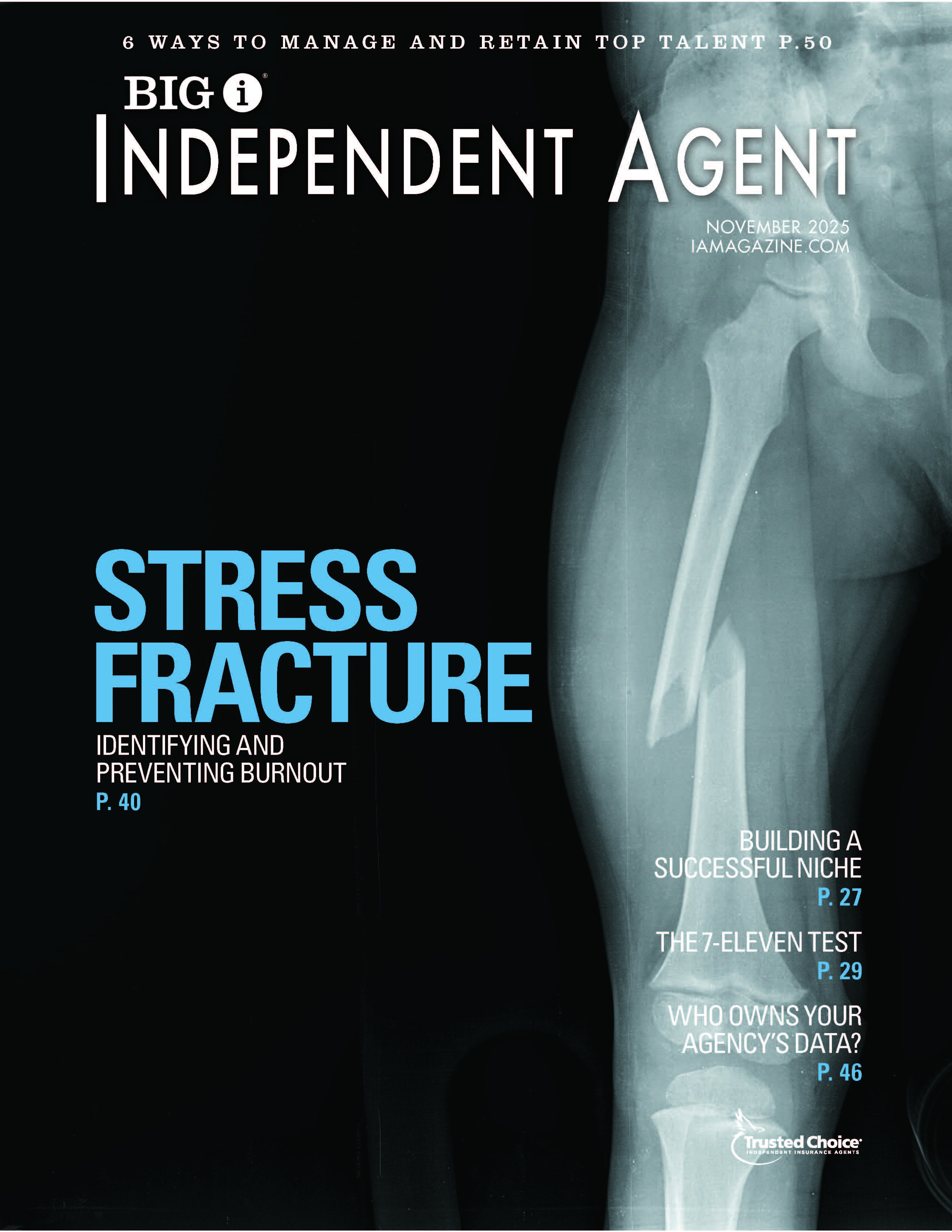Proof of Insurance: Declaration Page or Binder?

By: Big “I” Virtual University Faculty
As proof of insurance on a home equity loan, a bank is requesting the homeowners policy declaration page listing them as the second mortgagee and will not accept a binder.
Q: Does the bank have the right to request a dec page listing them as mortgagee, or do they have to accept a binder?
Response 1: A bank can demand whatever it wants if it is required by its mortgage documents.
Response 2: If I was a bank, I wouldn’t accept a binder either. Binders only show coverage for a set number of days, whereas the dec page shows coverage for the entire policy year. If your customer is going to get the loan, you’ll need to comply with the bank’s request.
Response 3: A bank can request any form of evidence of coverage they desire.
Response 4: New York State law requires a mortgage lender to accept a binder at a home closing. You can download a copy of the law from the Big “I” New York.
Response 5: The mortgagee has the right to receive a copy of the policy and dec page. They should also get the same information at every renewal. Carriers often send these items to mortgagees automatically. Midway through the policy, we also recommend sending evidence of insurance.
Response 6: Check your state’s insurance and banking laws. Some states have statutes that require the bank to accept a binder as evidence of insurance.
Response 7: When listing a mortgagee, the carrier should send the bank a copy of the policy automatically, as well as notifying them if the policy lapses. If the carrier has not sent them a copy, you are free to do so. I don’t recommend issuing binders for mortgagees. Instead, issue the ACORD Evidence of Property Insurance form.
However, you only need to issue the Evidence of Property form if the policy has not yet been endorsed with a new mortgagee, or if it is a new policy. If the policy already exists with the mortgagee’s name on it, simply send the mortgagee a copy.
Response 10: If a policy has been issued, the bank will typically not accept a binder. According to the Department of Financial Services for New York, “Insurance binders are the equivalent of temporary insurance until a formal policy is issued. Once a formal policy is issued, the binder is no longer in effect, and therefore it is the lender’s decision of whether or not to accept a binder as evidence of insurance.”
If the homeowners policy is already in force, offer an ACORD 27 to evidence the coverage for the second mortgagee, pending revised declarations or an endorsement to add the lender as a second mortgagee. Considering many insurers can produce updated declarations within a few days, the ACORD 27 should satisfy the lender until you can provide the new declarations listing them.
This question was originally submitted by an agent through the VU’s Ask an Expert Service, with responses curated from multiple VU faculty members. Answers to other coverage questions are available on the VU website. If you need help accessing the website, request login information.










